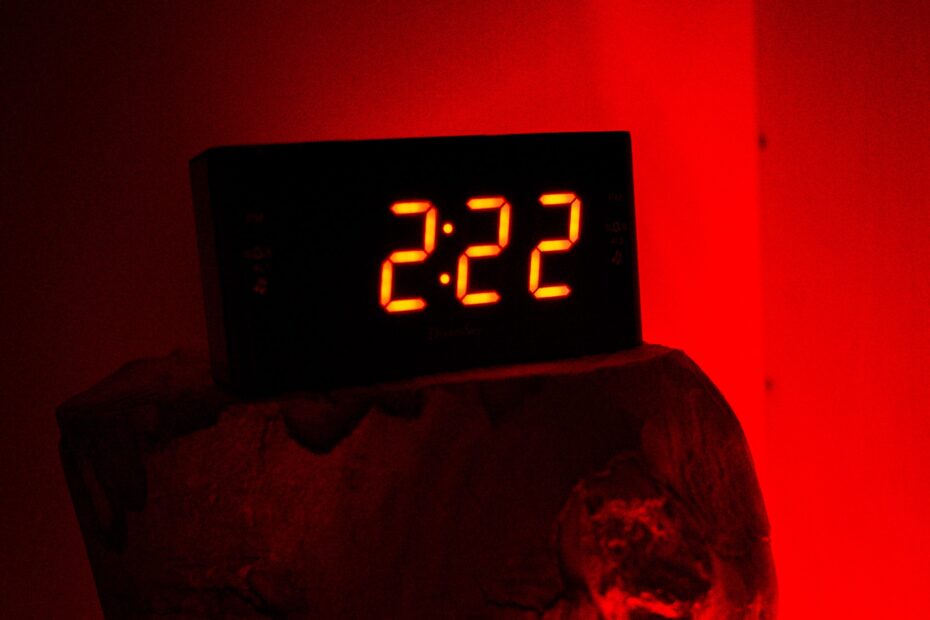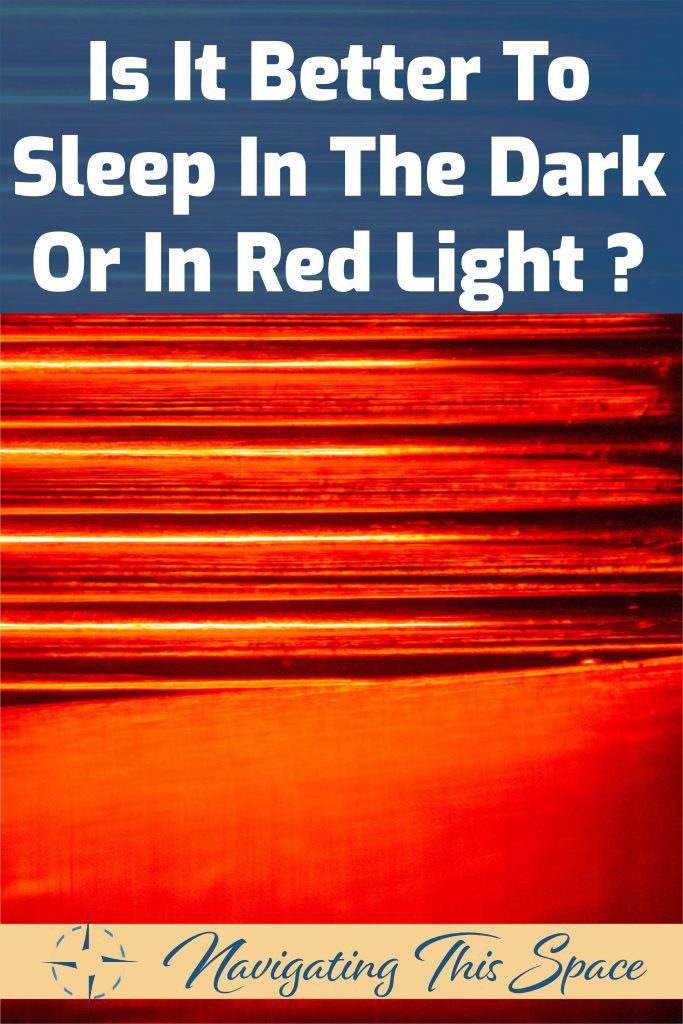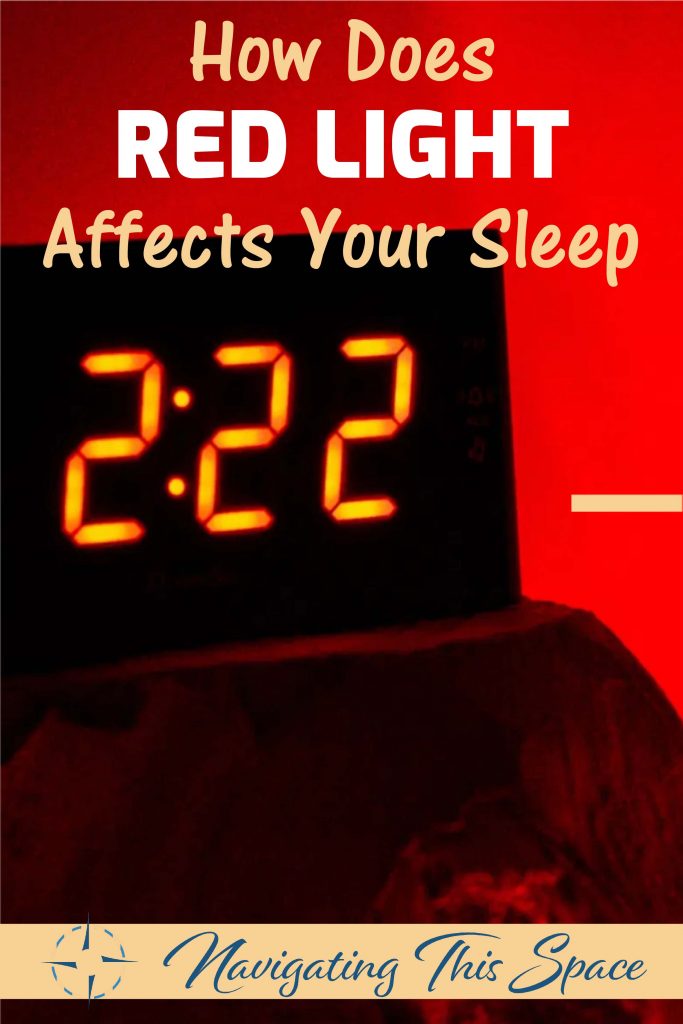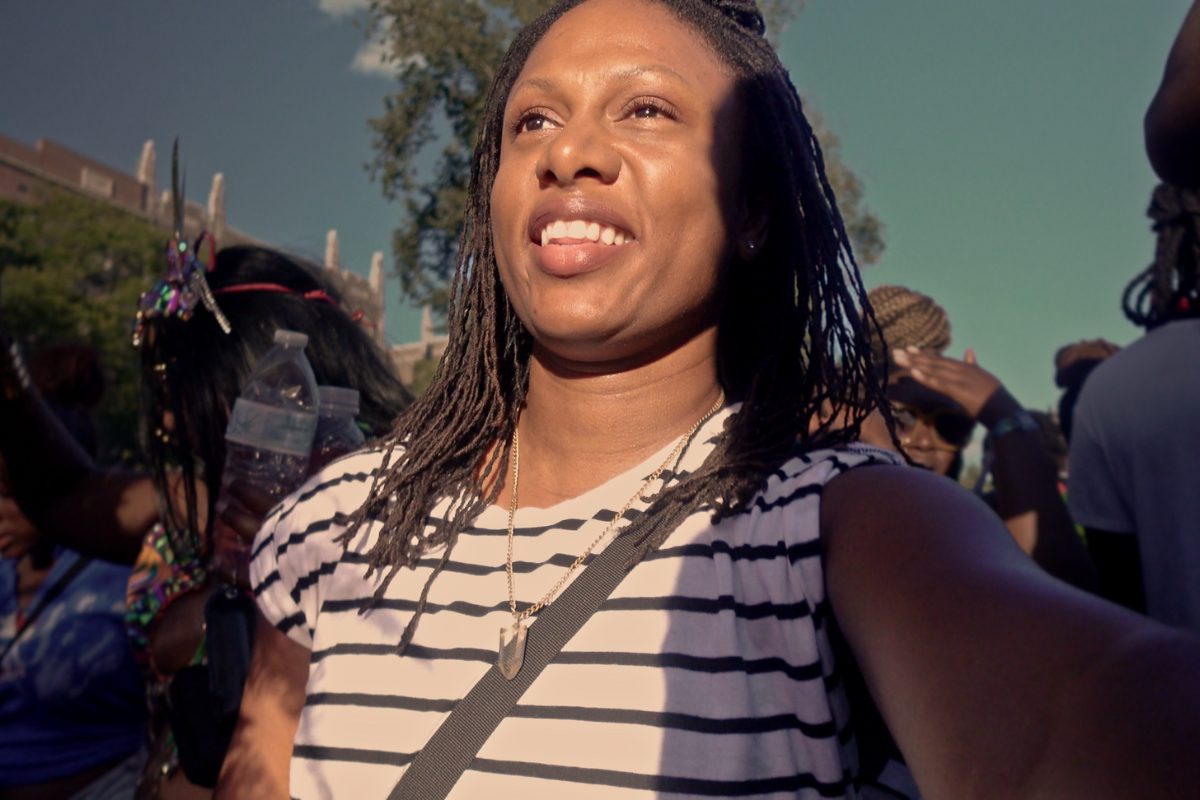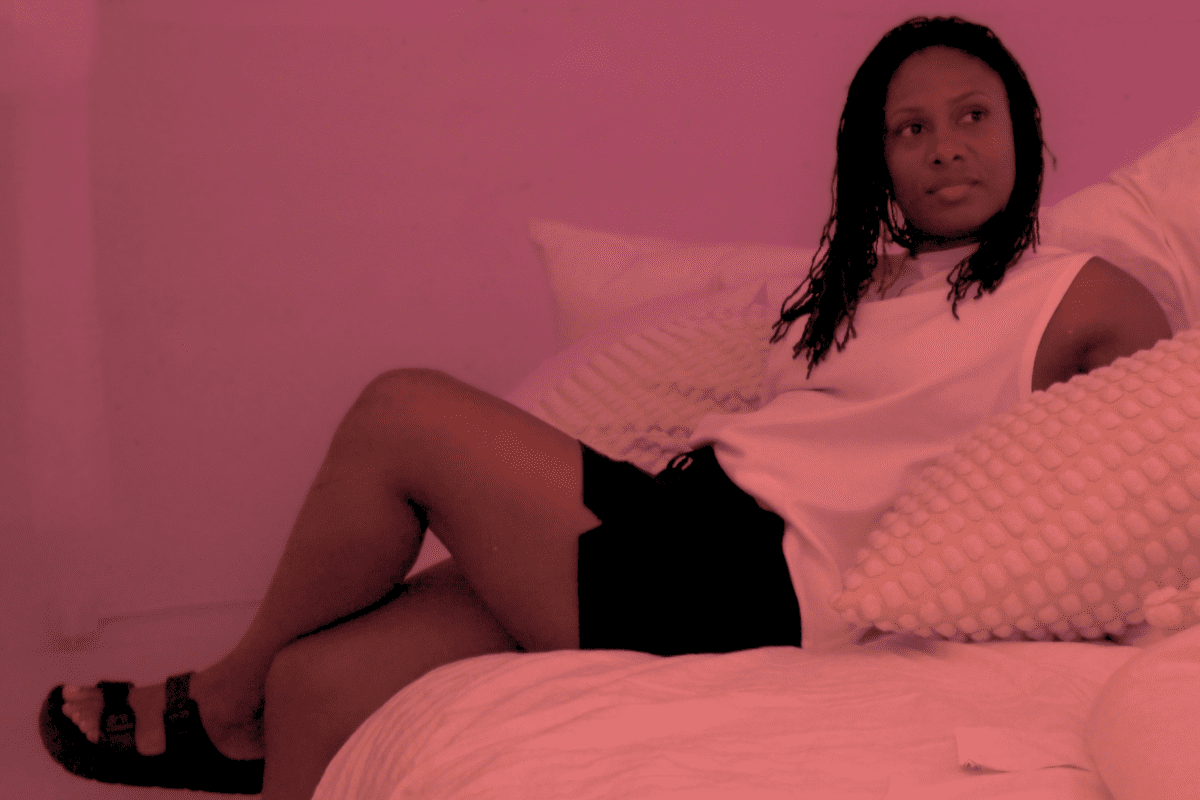Consider using a red light bulb for sleep.
When you wake up in the morning, do you feel rested or do you feel like you just went to bed a few minutes ago? Getting a good night’s rest can sometimes be elusive but to properly function, our bodies (and, most importantly, our brains) need restful sleep.
Our bodies follow a circadian rhythm, which makes up the physical and psychological behavioral changes we exhibit throughout a twenty-four hour period, (National Institutes of Health). Since we are creatures of nature, our circadian rhythm is synced with our environment. When the Sun is up, our bodies and brains are alert, and when the sun sets, our bodies get ready for resting during the night. When we visit another time zone, our body’s light-related circadian rhythm has to reset and the process can take a few days. This explains the “jet lag” travelers feel when they visit somewhere new; it’s their bodies reprogramming to reflect the new environment.
Technology has drastically impacted our body’s internal clock. All electronics emit blue light from their screens and blue light keeps the body awake for a longer period of time. Consequently, if you fall asleep with the TV on, you are more likely to have a restless night. The blue rays from the TV screen are interfering with your body’s ability to produce melatonin, the hormone made by your pineal gland that tells your body when it’s time to sleep and when it’s time to wake up.
Unfortunately, the TV screen isn’t the only thing keeping you awake at night. If you live in the city, the lights from the surrounding buildings and streets are also infringing on your beauty sleep and your personal electronics are more than likely the biggest culprits when it comes to interference. Yes, your cell phones, tablets, and hand-held gaming devices are all keeping you awake.
Your body gets the best rest when there’s complete darkness in your bedroom.
For people still afraid of the dark, sorry to break it to you but your body actually loves to sleep in complete darkness. Professor Kenji Obayashi of Nara Medical University School of Medicine in Japan wrote to TIME magazine and explained that maintaining darkness in the bedroom at night may be an unusual, albeit effective, way to prevent depression.
What if sleeping in complete darkness is not an option?
Some black-out curtains are literally jokes. They claim they can prevent the flow of outside light but somehow, someway, light always seems to find its way in. So what are we city dwellers to do when we can’t stop all the lights?
First, minimize as much of the incoming light as possible. As for the light that we can’t control, we’ll use another light to drown it out.
This might sound a bit crazy since the goal is to sleep in complete darkness, however, a study conducted by Ohio State University showed that sleeping in red light is almost as effective as sleeping in complete darkness. Harvard Health also advises that sleeping with a low red light will not affect your circadian rhythm or stop your melatonin.
This page contains affiliate links. This means that if you click a link and buy one of the products on this page, I may receive a commission (at no extra cost to you!)
Is it better to sleep in the dark or in red light?
Years ago, before electricity was invented and lights started flooding the night, our bodies were naturally synced to the Sun’s movements. We are still synced to the Sun but we now stay awake longer than we should because of artificial lighting. With less and less ability to sleep in complete darkness, we have found other effective ways to achieve the restful sleep that allows us to perform at our best. Yes, we get our best sleep in complete darkness but sleeping in red light is a close runner up.
Simple and effective red light changes
Change your white light bulbs to red light bulbs.
Changing the lighting in your bedroom doesn’t have to be hard, it’s actually one of the easiest things to do. Simply switch the light bulb in your bedside lamp. Another option for changing your lighting is to get an LED strip that has a red light setting. Speaking from experience, the quality of sleep you’ll get from using red light at night is astounding. I wake up feeling energized, refreshed, and ready to start my day.
Activate Night Mode on your phone.
Most cell phones now have a Night Mode feature which filters out the blue light that it emits. The best way to keep the blue light away from you is to not use your phone right before you go to sleep or when you are having trouble sleeping. Think about it, your body is trying to get some rest because it instinctively knows that it’s bedtime and you are basically shining a bright light through its windows (your eyes) which confuses it into thinking that the Sun is out.
Get an anti-blue light screen protector for your devices.
Minimize the amount of blue light that your body comes in contact with. Allow your body to return to its natural state as much as possible.
Anti Blue Light Tempered Glass Film for Apple iPhone
“Your future depends on your dreams, so go to sleep.” — Mesut Barazany
Red light bulb for sleep- here are a few choices to consider
No matter what option you choose, if sleeping in complete darkness is not possible, a red light bulb for sleep will have your body thanking you.
Pin It!
